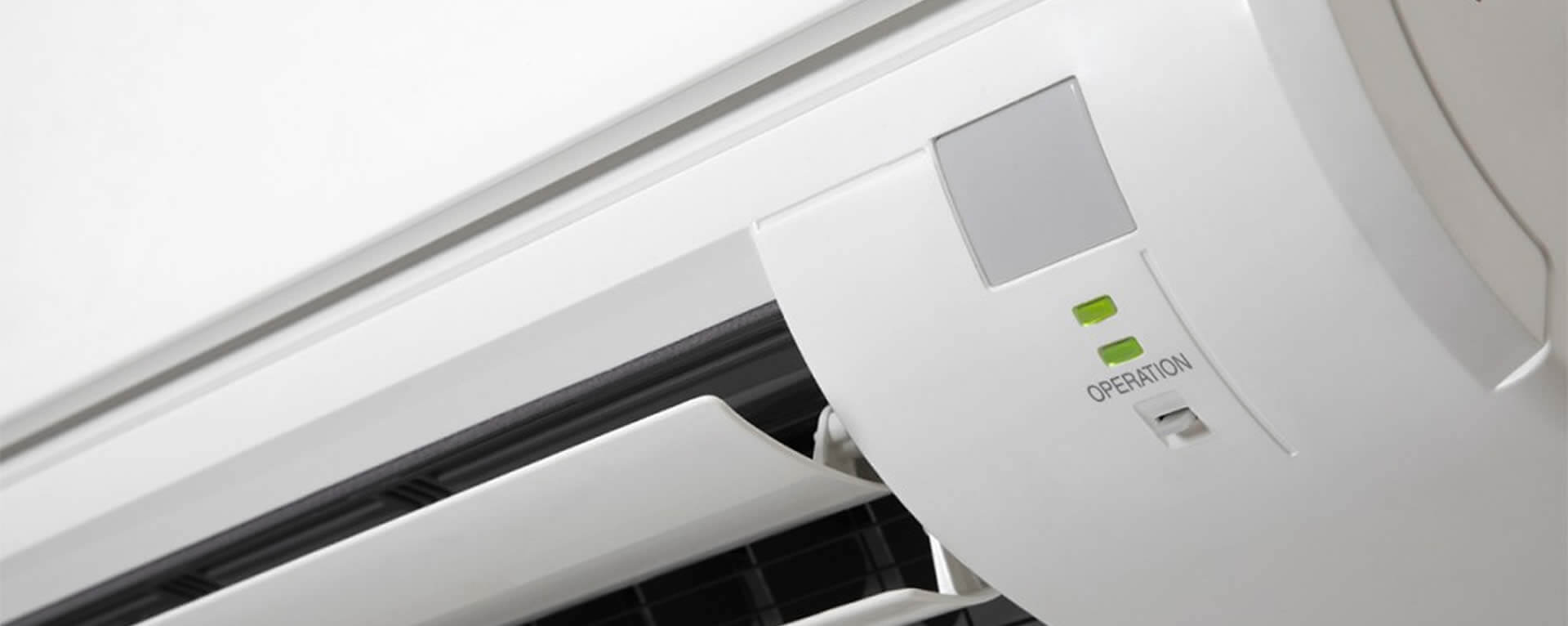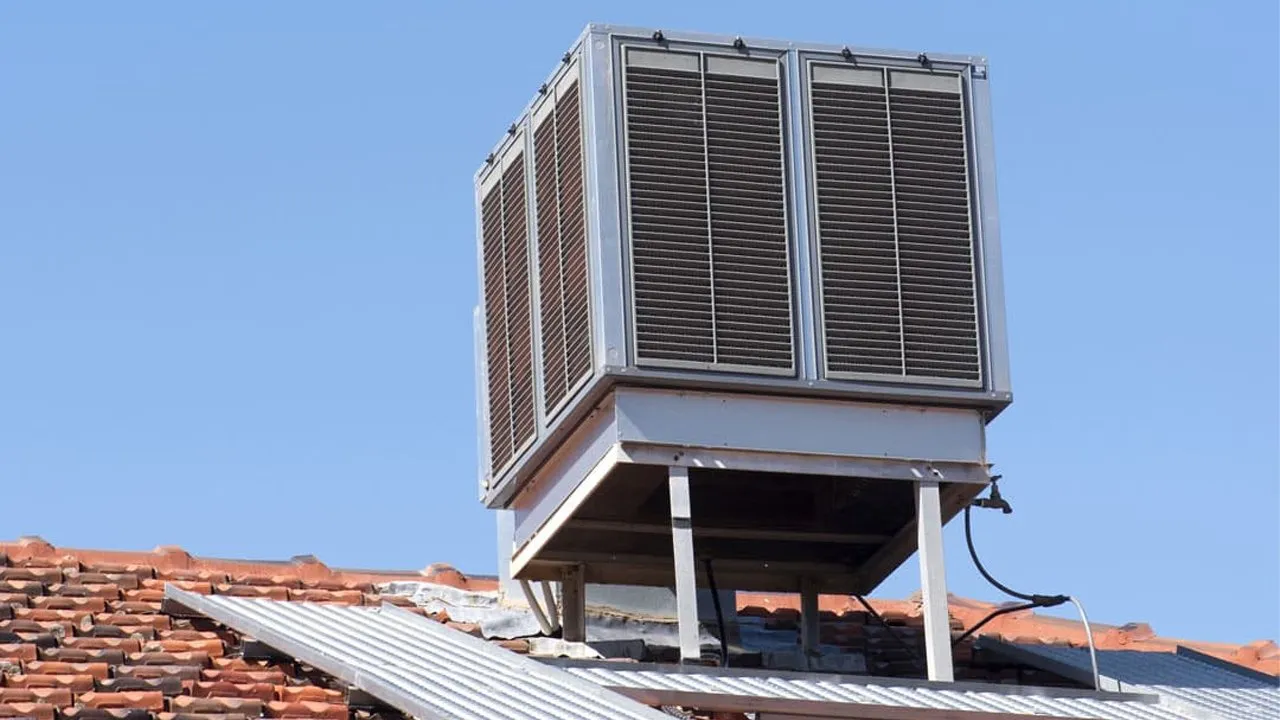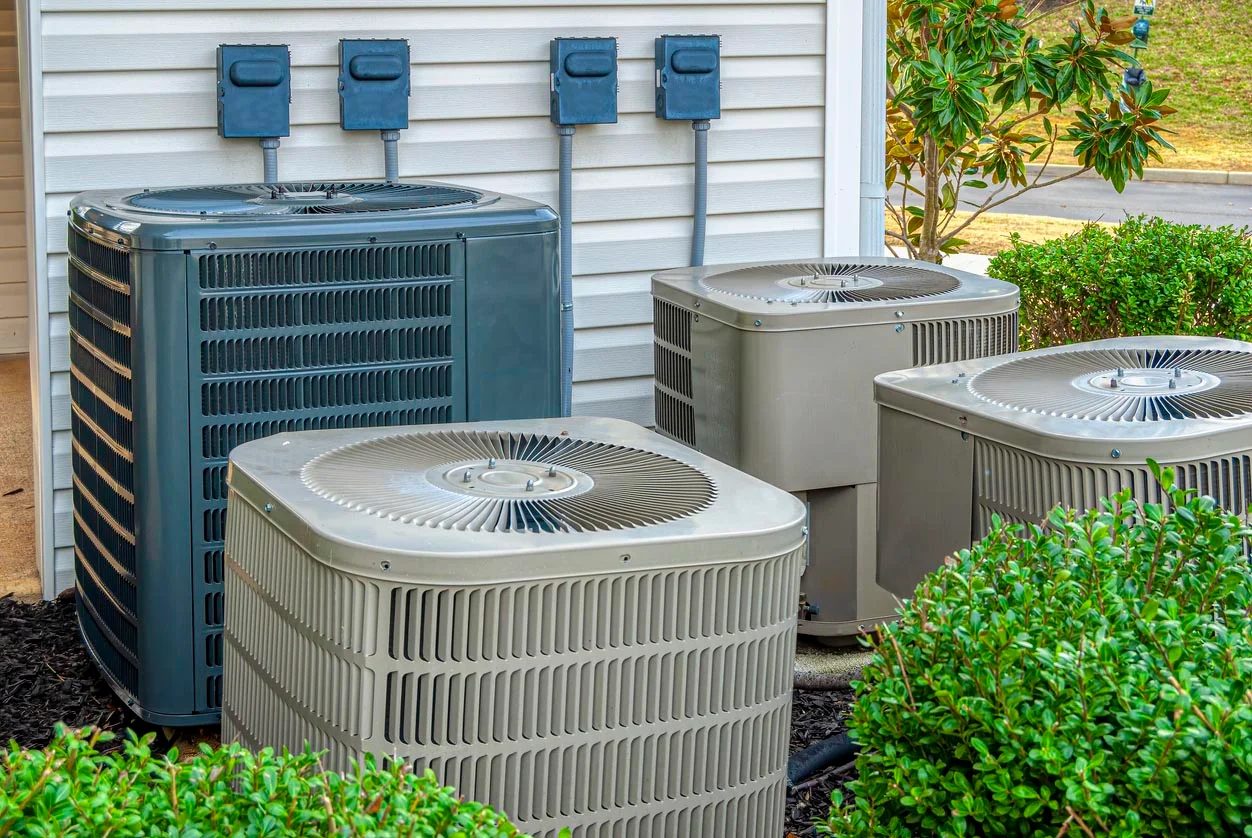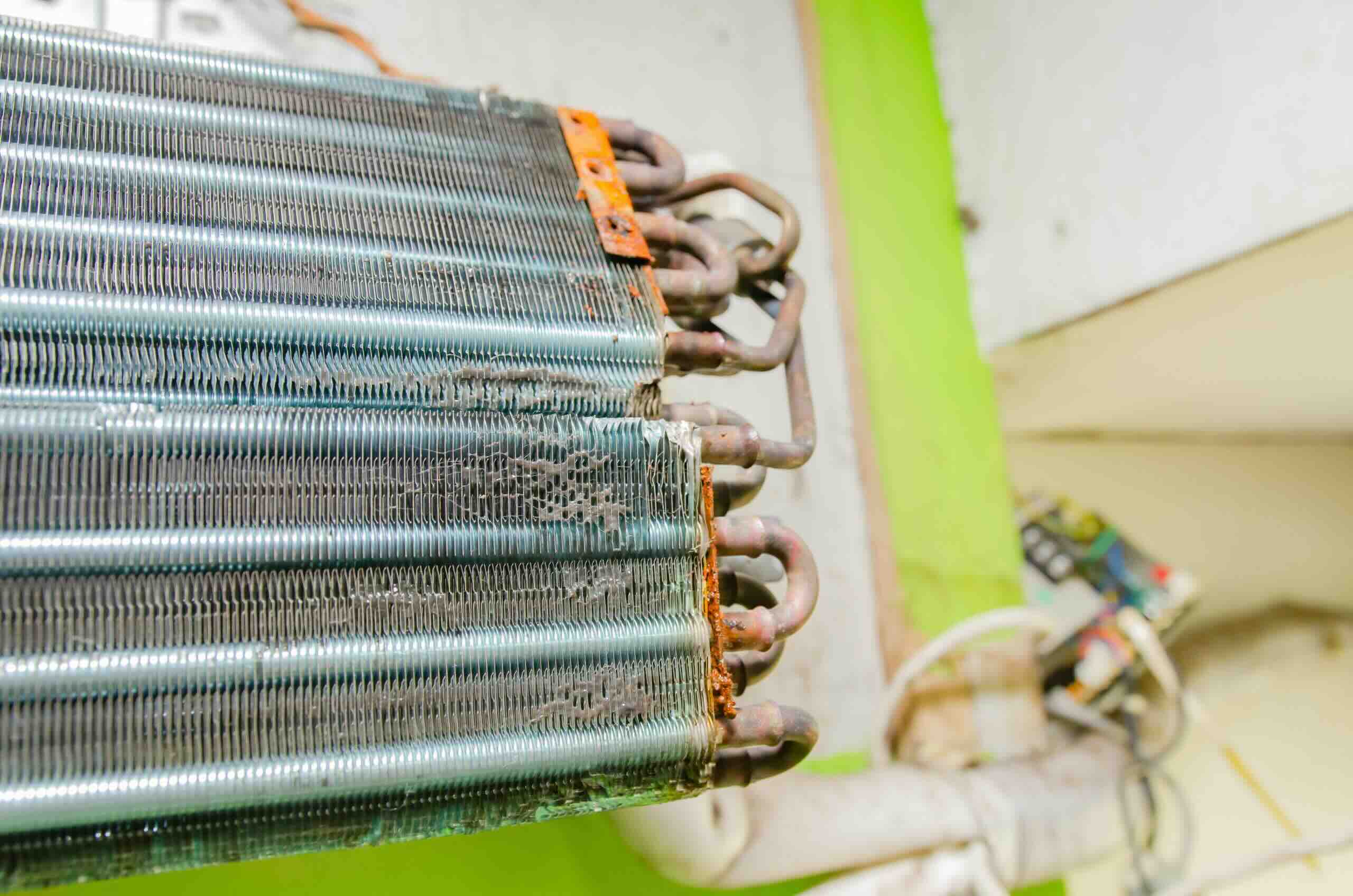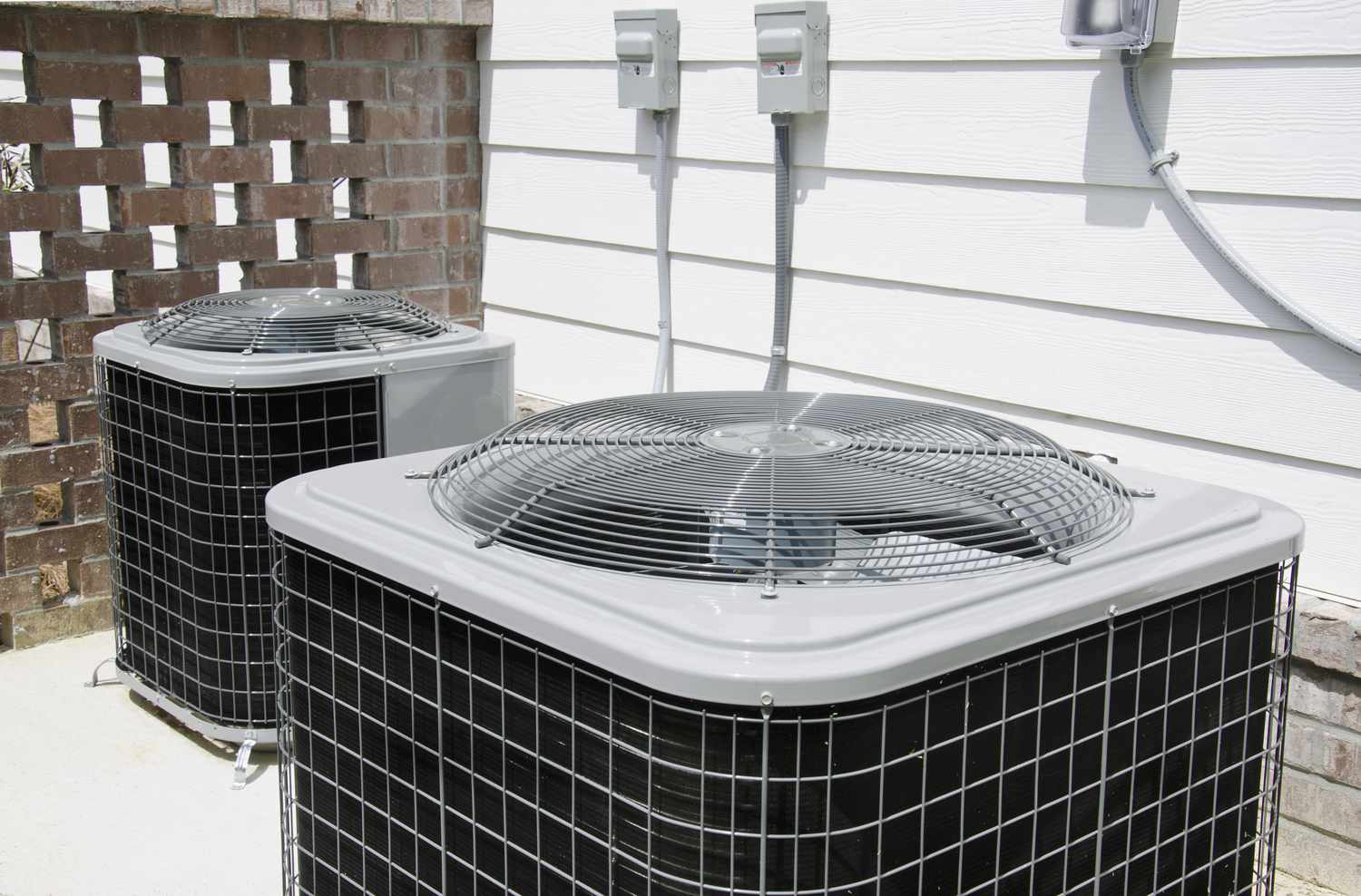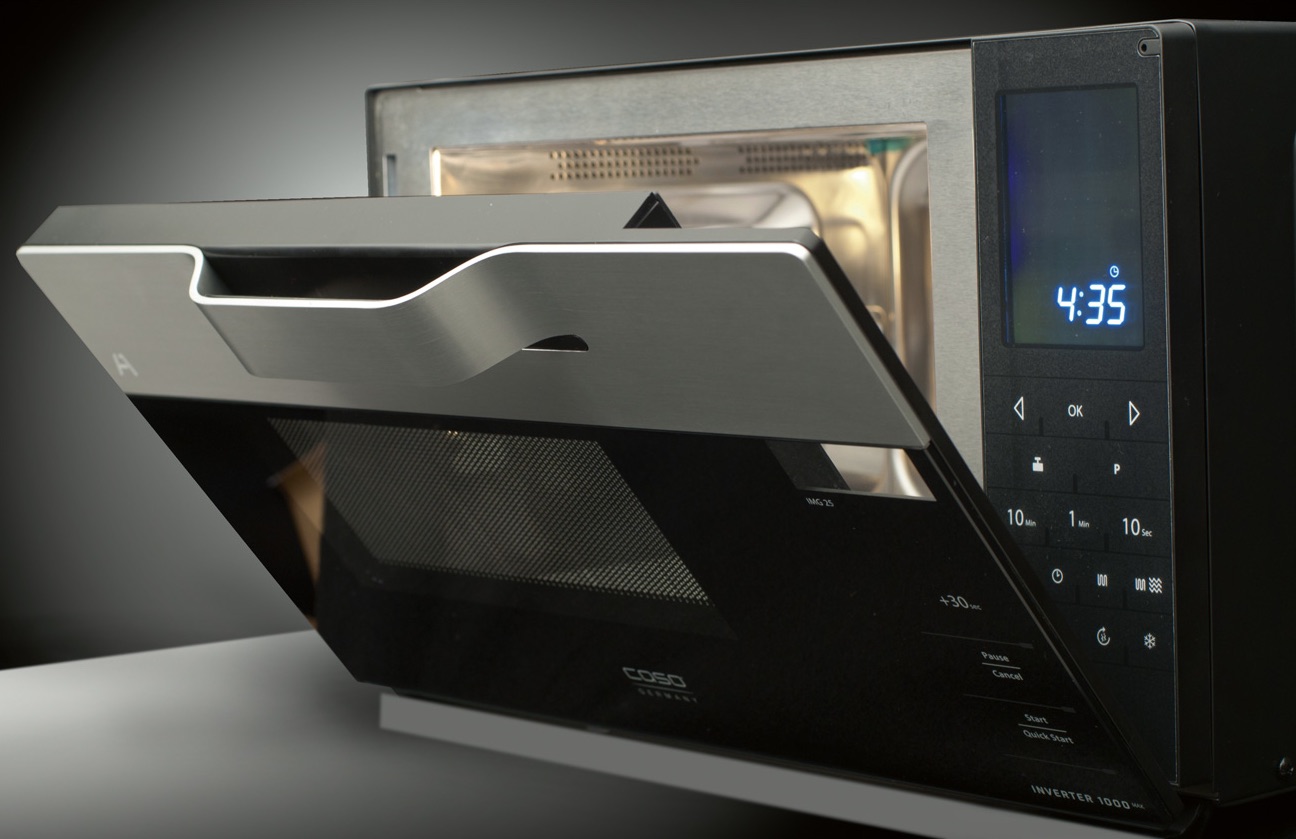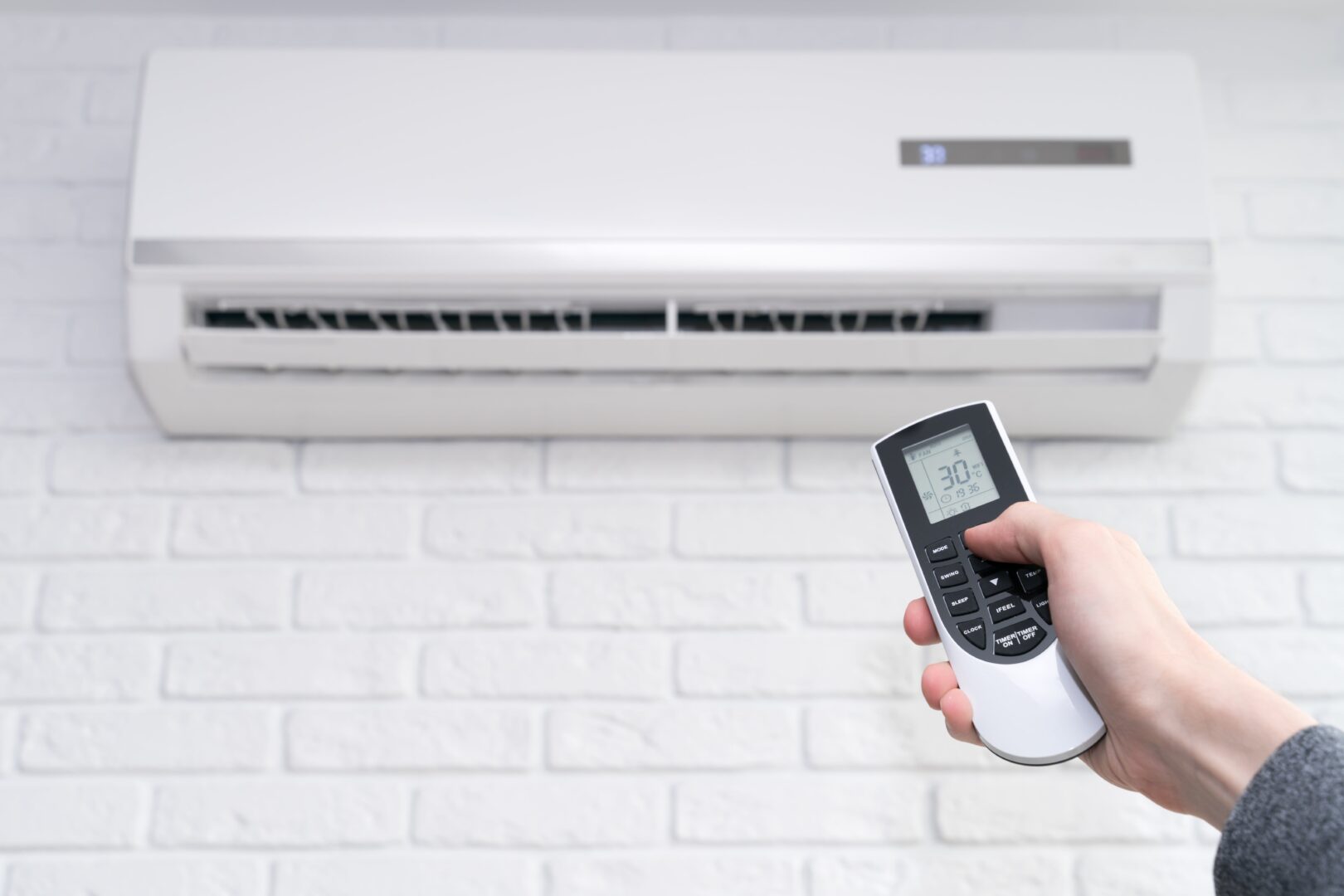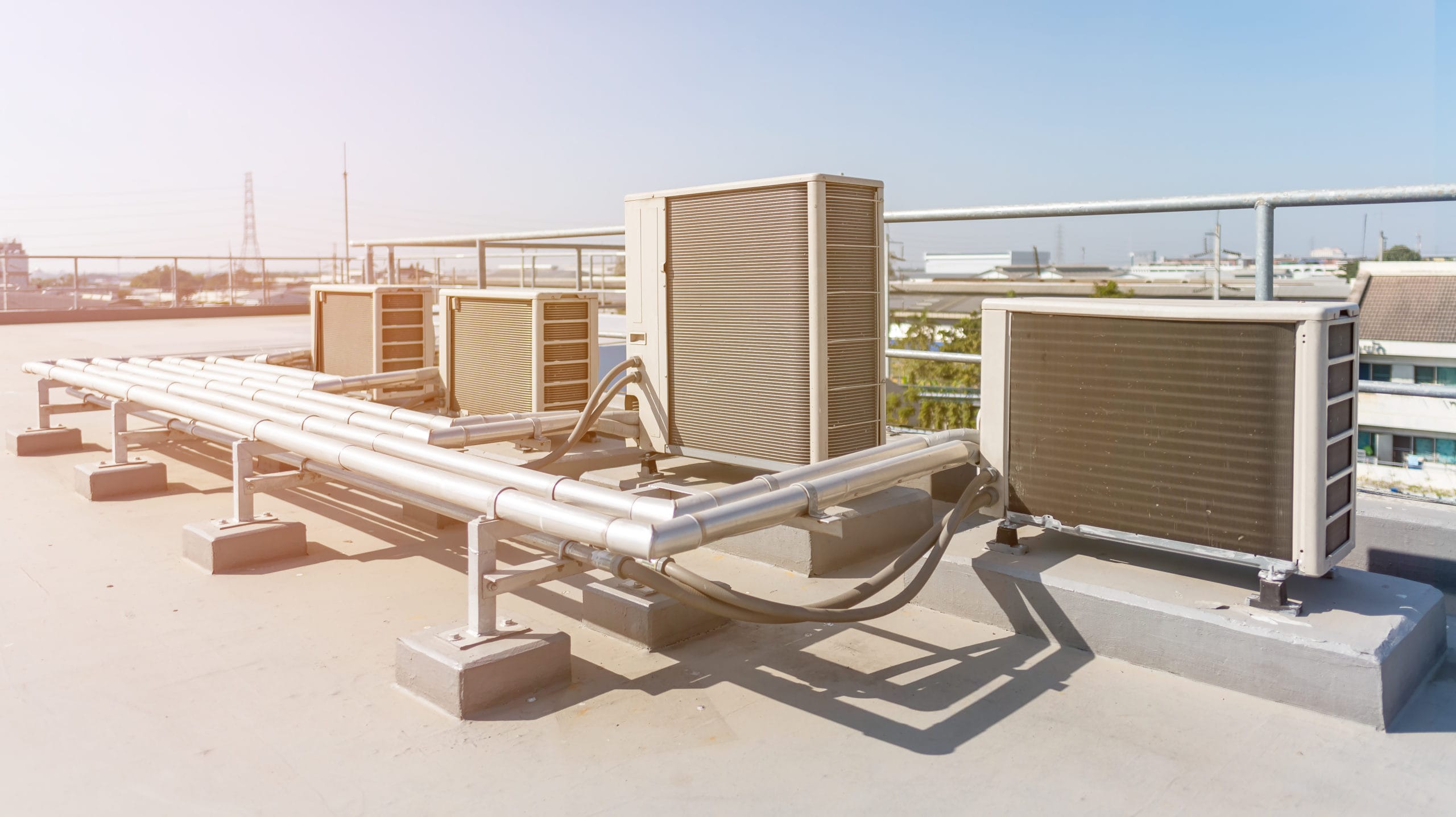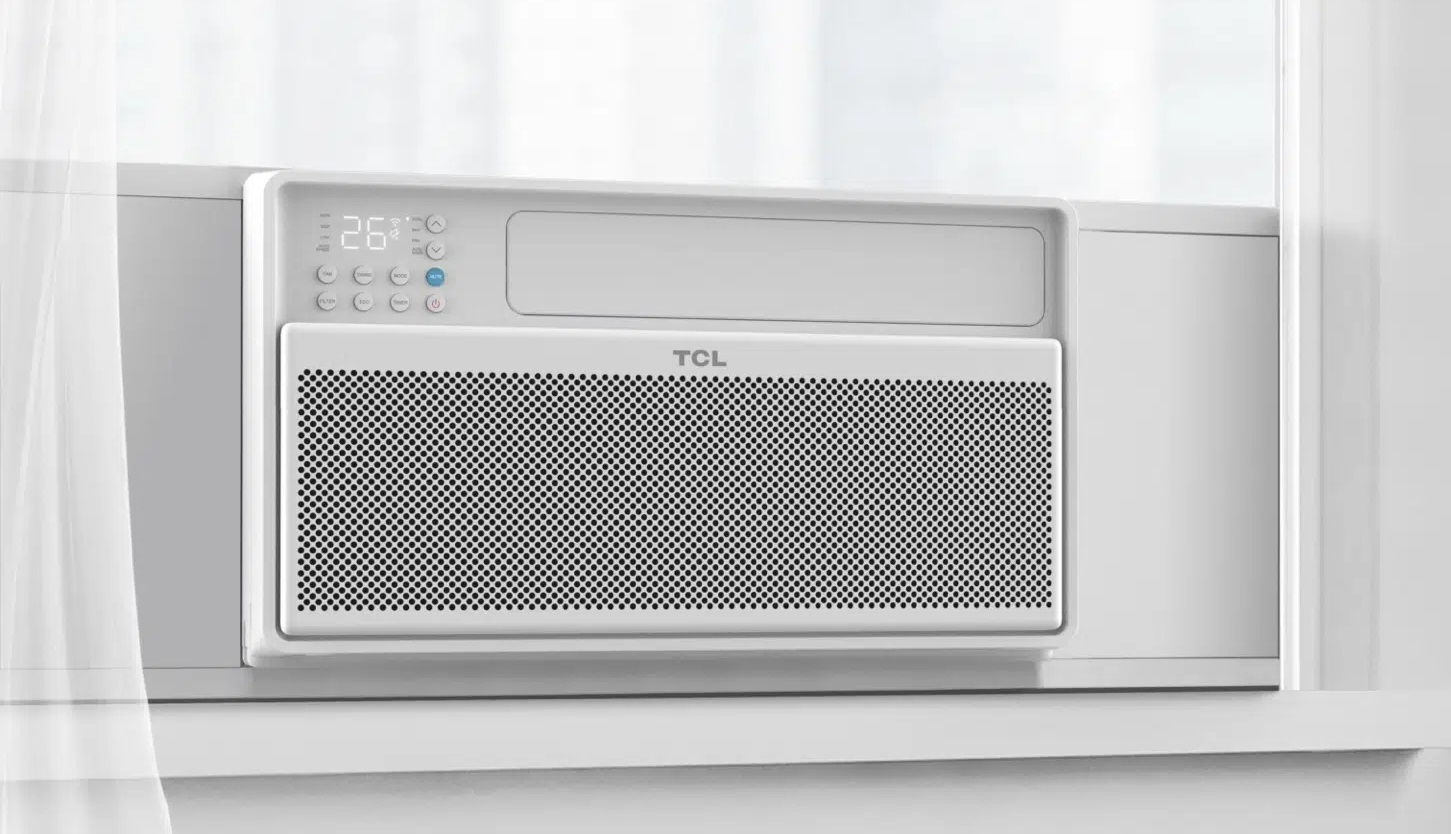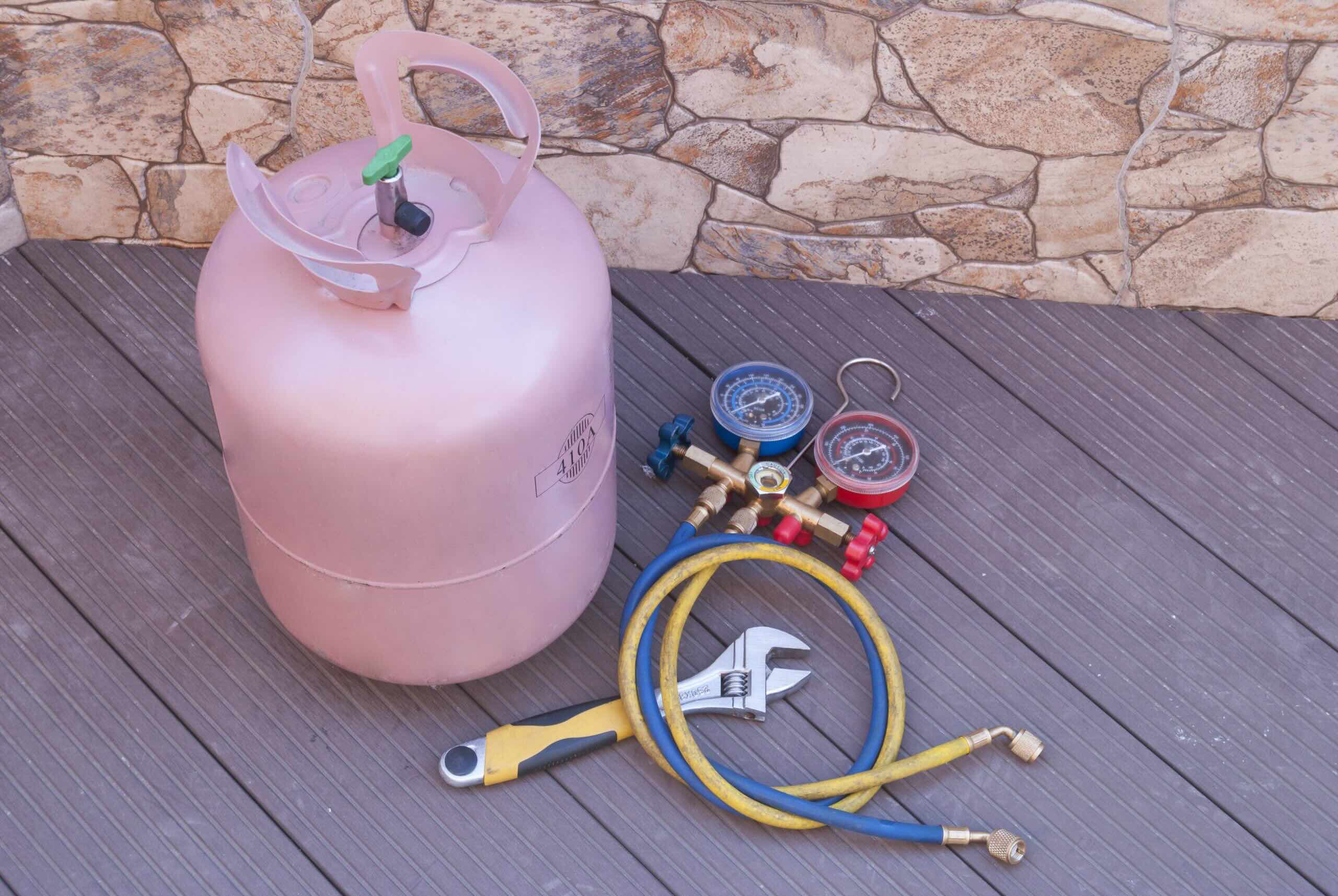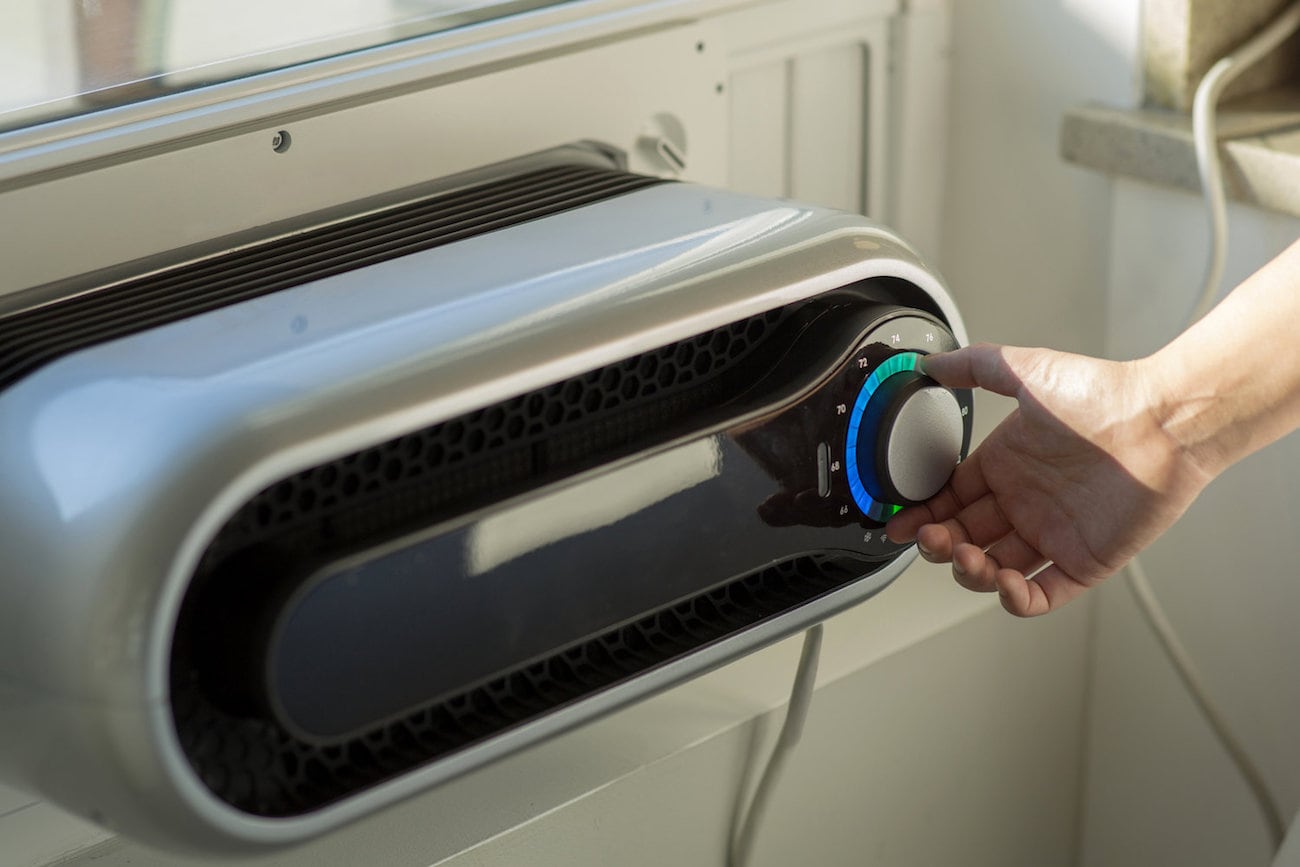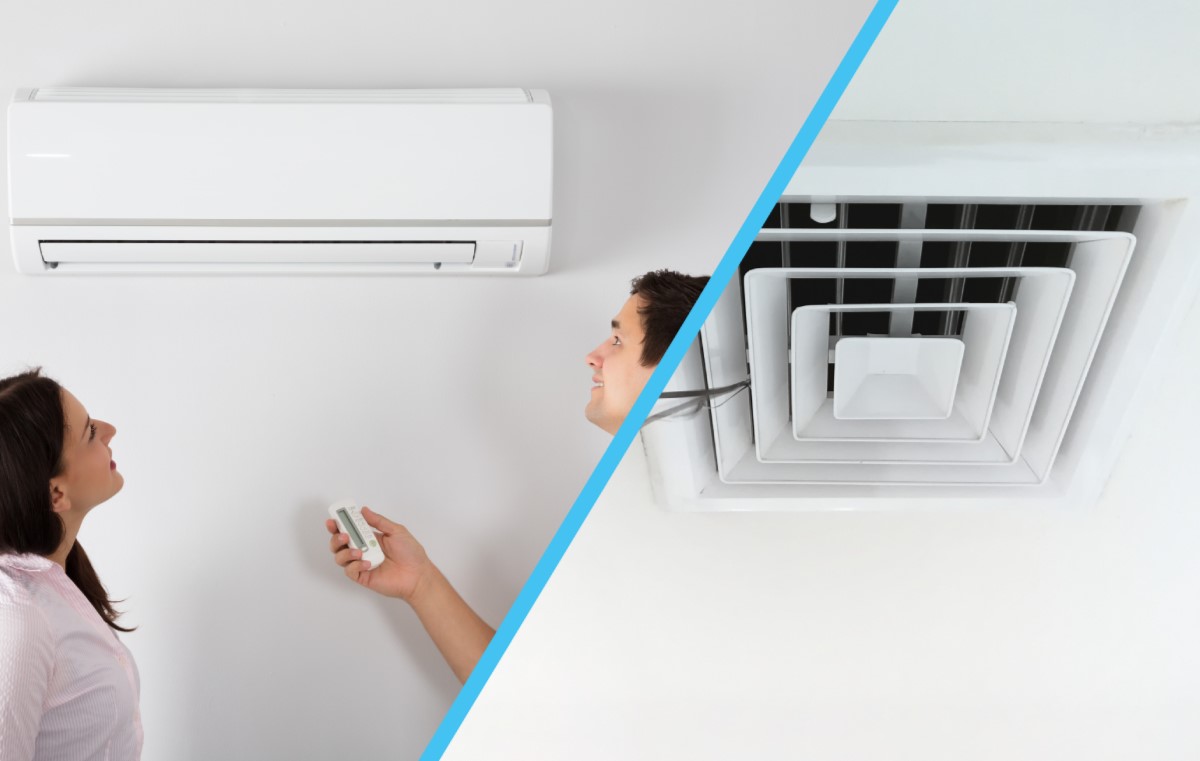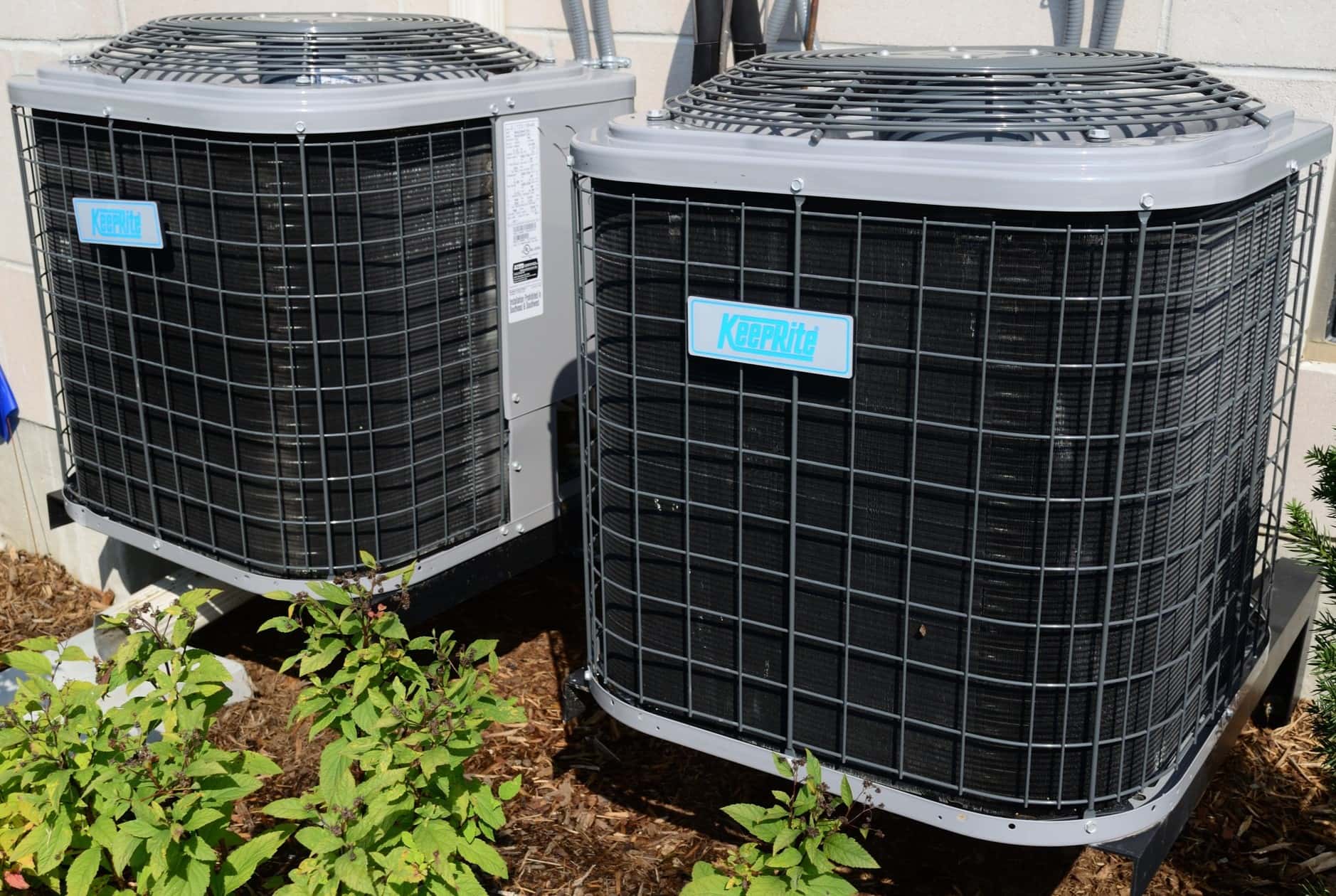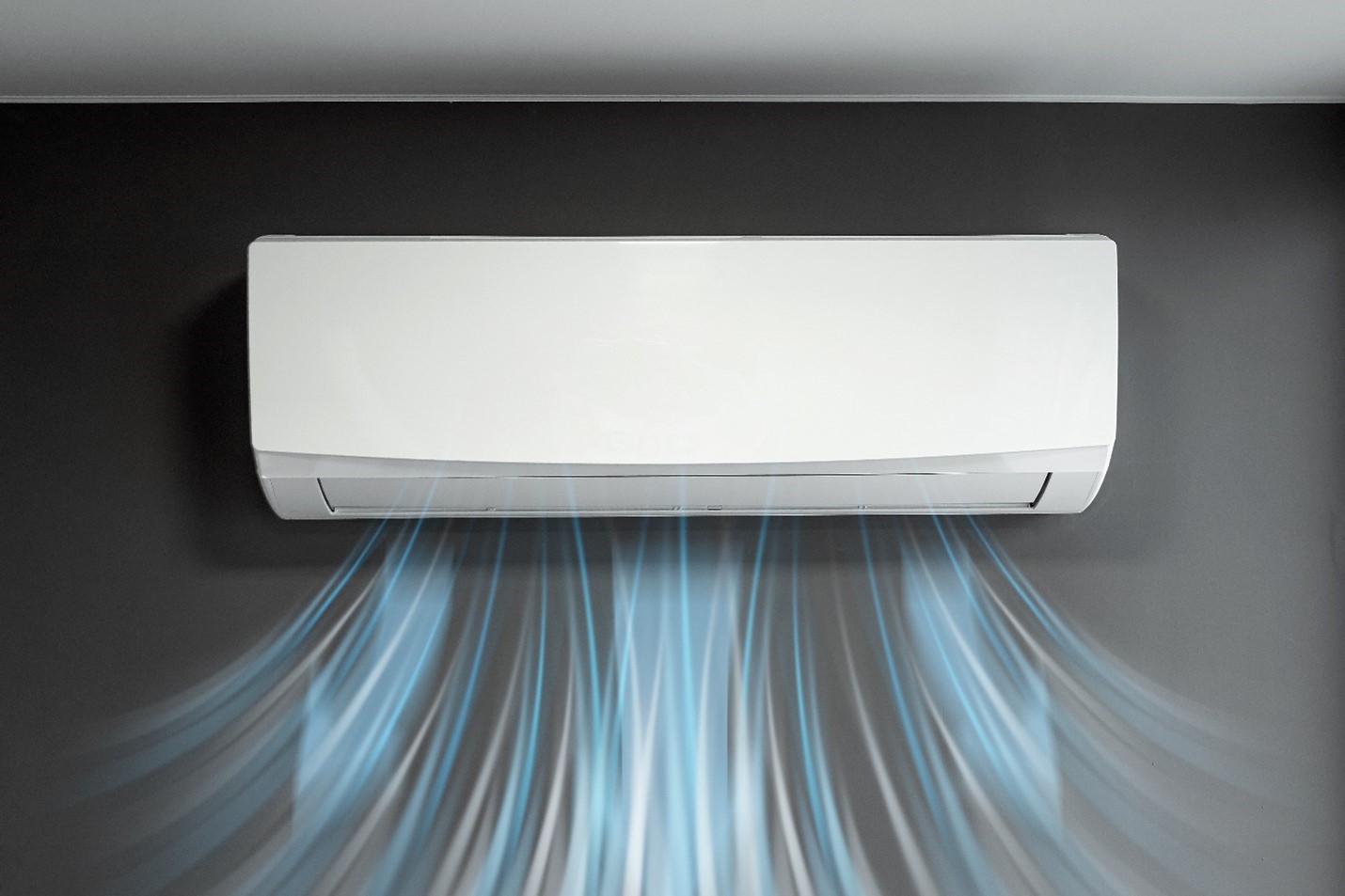Home>Home Maintenance>What Is An Inverter Air Conditioner
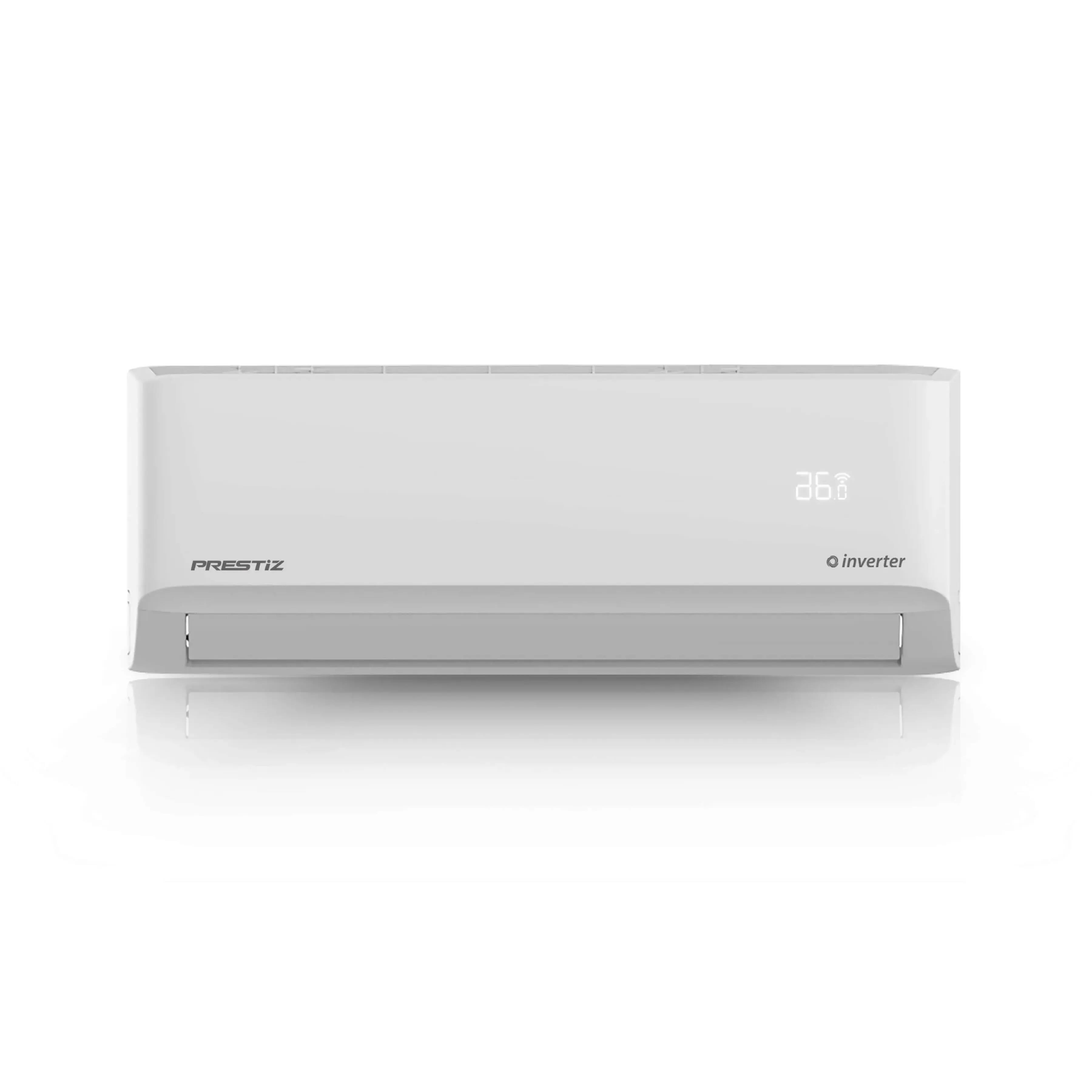

Home Maintenance
What Is An Inverter Air Conditioner
Modified: March 6, 2024
Discover the benefits of using an inverter air conditioner for your home maintenance needs. Enjoy energy efficiency and improved comfort with this innovative cooling solution.
(Many of the links in this article redirect to a specific reviewed product. Your purchase of these products through affiliate links helps to generate commission for Storables.com, at no extra cost. Learn more)
Introduction
Inverter air conditioners have gained significant popularity in recent years due to their energy efficiency and superior cooling performance. Unlike traditional air conditioners, which constantly turn on and off to maintain the desired temperature, inverter air conditioners utilize advanced technology to adjust the compressor speed and provide consistent cooling without frequent cycling.
This article is a comprehensive guide that will explain how inverter air conditioners work, highlight their advantages over non-inverter models, discuss their energy efficiency, compare costs with traditional air conditioners, and provide tips for maintenance and troubleshooting. Whether you’re considering purchasing an inverter air conditioner or simply want to learn more about these innovative devices, this article will provide the information you need.
So, let’s dive in and explore the world of inverter air conditioners, which have revolutionized the way we cool our homes and significantly contribute to energy conservation.
Key Takeaways:
- Inverter air conditioners use advanced technology to save energy by adjusting compressor speed, providing consistent cooling, and offering smart features for convenience and comfort.
- Regular maintenance, such as cleaning filters and checking refrigerant levels, is crucial for ensuring efficient operation and longevity of inverter air conditioners. Professional maintenance is also recommended for comprehensive inspections and adjustments.
How Does an Inverter Air Conditioner Work?
An inverter air conditioner operates on the principle of variable speed technology. Instead of stopping and starting the compressor to regulate the room temperature, as non-inverter models do, inverter air conditioners continuously adjust the compressor speed to maintain a steady and comfortable indoor environment.
When you turn on an inverter air conditioner, the compressor starts running at a low speed to cool the room quickly. Once the desired temperature is reached, the compressor slows down and maintains a stable temperature by running at a lower speed. This avoids the need for the compressor to frequently start and stop, reducing energy consumption and wear and tear on the unit.
The key component that enables the variable speed function of an inverter air conditioner is the inverter itself. The inverter is an electronic device that converts the incoming AC power into DC power. It then further converts the DC power back into AC power, but with variable frequency and voltage.
The inverter adjusts the frequency and voltage based on the cooling requirements. When the room needs maximum cooling, the inverter increases the frequency and voltage to increase the compressor’s speed. Conversely, when the desired temperature is reached, the inverter decreases the frequency and voltage to reduce the compressor’s speed. This continuous regulation of compressor speed ensures optimal energy efficiency and consistent cooling performance.
In addition to the inverter technology, inverter air conditioners also come equipped with advanced sensors and microprocessors. These components monitor the room temperature, humidity levels, and outdoor conditions, allowing the air conditioner to adjust its operation automatically for maximum comfort.
Overall, the working principle of an inverter air conditioner is centered around maintaining a stable temperature through variable speed control, which leads to higher energy efficiency and improved cooling performance compared to non-inverter models.
Advantages of Inverter Air Conditioners
Inverter air conditioners offer several advantages that make them a popular choice for cooling homes and offices. Let’s explore some of the key benefits:
- Energy Efficiency: Inverter air conditioners are designed to be highly energy efficient. By adjusting the compressor speed instead of turning it on and off, they consume less electricity compared to non-inverter models. This not only lowers your energy bills but also helps reduce your carbon footprint.
- Consistent Cooling: With traditional air conditioners, the temperature can fluctuate as the compressor cycles on and off. Inverter air conditioners provide a more stable and even cooling experience since the compressor runs continuously at varying speeds to maintain the set temperature. This ensures greater comfort and eliminates temperature swings.
- Faster Cooling: Inverter air conditioners have the advantage of cooling rooms more quickly than non-inverter models. The ability to operate at high compressor speeds during the initial cooling phase helps achieve the desired temperature faster, providing immediate relief during hot summer days.
- Quiet Operation: Inverter air conditioners are known for their quiet operation. Since the compressor runs at lower speeds most of the time, they produce less noise compared to non-inverter models. This is especially beneficial for bedrooms, offices, or spaces where you want a quiet and peaceful environment.
- Longer Lifespan: The continuous and gradual adjustments of compressor speed in inverter air conditioners result in less wear and tear on the unit. This can significantly extend the lifespan of the air conditioner, reducing the need for frequent repairs or replacements.
- Improved Air Quality: Inverter air conditioners are equipped with advanced filters that trap dust, pollen, and other allergens, improving the air quality in your home. The constant circulation of filtered air helps create a healthier and cleaner indoor environment.
- Smart Features: Many inverter air conditioners come with smart features and Wi-Fi connectivity, allowing you to control and monitor your unit remotely. You can adjust the temperature, set timers, and even receive maintenance alerts using your smartphone or other smart devices.
These advantages highlight why inverter air conditioners are a preferred choice for those seeking energy efficiency, comfort, and long-term cost savings. Their superior cooling performance and advanced features make them a worthwhile investment for any home or office space.
Energy Efficiency of Inverter Air Conditioners
Energy efficiency is one of the key advantages of inverter air conditioners. These units are designed to operate at varying speeds, which leads to significant energy savings compared to non-inverter models. Let’s take a closer look at the energy-saving benefits of inverter air conditioners:
1. Reduced Power Consumption: Inverter air conditioners use advanced technology to adjust the compressor speed based on the cooling requirements. By running the compressor at lower speeds most of the time, they consume less power compared to non-inverter models that need to turn the compressor on and off frequently. This results in lower electricity bills and reduced energy consumption.
2. Energy Efficient Compressor: Inverter air conditioners are equipped with high-efficiency compressors that are specifically designed to optimize energy usage. These compressors are engineered to provide smooth and continuous operation, minimizing energy wastage associated with frequent startup cycles. They also have improved heat exchange capabilities, further enhancing energy efficiency.
3. Precise Temperature Control: Inverter air conditioners can maintain a more stable and precise indoor temperature due to their variable speed operation. Non-inverter models often overshoot the desired temperature and then shut off, causing temperature fluctuations. By contrast, inverter air conditioners can adjust the cooling output to match the exact cooling needs, resulting in better temperature control and increased energy efficiency.
4. Smart Sensors: Inverter air conditioners are equipped with sensors that monitor the room temperature, humidity levels, and outdoor conditions. These sensors provide real-time data to the unit, allowing it to adjust the cooling output accordingly. The ability to respond to changes in the environment ensures optimal cooling performance and avoids unnecessary energy consumption.
5. Sleep Mode: Many inverter air conditioners come with a sleep mode feature that optimizes energy usage during the night. In this mode, the unit gradually increases the temperature during the night to save energy without sacrificing comfort. This feature reduces energy consumption during periods when cooling demands are lower.
Inverter air conditioners are Energy Star-rated, indicating that they meet or exceed strict energy efficiency guidelines set by recognized authorities. It is important to look for the Energy Star label when purchasing an inverter air conditioner to ensure maximum energy savings.
By investing in an inverter air conditioner, you not only enjoy a more comfortable indoor environment but also contribute to a greener and more sustainable future by reducing your energy consumption and carbon footprint.
Tip: Inverter air conditioners use a variable speed compressor to adjust the cooling capacity, saving energy and providing more consistent temperatures compared to traditional AC units.
Cost Comparison with Non-Inverter Air Conditioners
When considering the purchase of an air conditioner, one important factor to take into account is the cost. Inverter air conditioners tend to have a higher upfront price compared to non-inverter models. However, it is essential to consider the long-term cost savings and benefits offered by inverter technology. Let’s compare the costs of inverter air conditioners with non-inverter models:
1. Initial Investment: Inverter air conditioners generally have a higher initial cost compared to non-inverter models. This is due to the advanced technology and components required for variable speed operation. However, it is important to consider the long-term savings that come with inverter air conditioners, such as energy efficiency and reduced electricity bills.
2. Energy Savings: The energy efficiency of inverter air conditioners leads to significant cost savings over time. While non-inverter models consume more energy due to frequent on-off cycles, inverter air conditioners maintain a consistent cooling output at varying speeds, resulting in lower electricity bills. The energy savings can be considerable, especially in regions with high cooling demands.
3. Life Span and Maintenance Costs: Inverter air conditioners often have a longer lifespan compared to non-inverter models. The non-stop operation of the compressor at lower speeds results in less wear and tear on the components, reducing the likelihood of repairs or replacements. This can save on maintenance costs in the long run.
4. Return on Investment (ROI): While inverter air conditioners may have a higher upfront cost, the energy savings they offer can lead to a faster return on investment. The reduced energy consumption and lower electricity bills can offset the initial investment over time.
5. Resale Value: Inverter air conditioners are considered to be more desirable and environmentally friendly. Therefore, they may have a higher resale value compared to non-inverter models. This can be an advantage if you plan to sell your home or upgrade your air conditioning system in the future.
It is important to note that the cost comparison between inverter and non-inverter air conditioners can vary depending on factors such as local electricity rates, climate conditions, and usage patterns. It is advisable to evaluate your specific needs, budget, and long-term goals before making a purchasing decision.
While inverter air conditioners may require a larger upfront investment, the energy savings, improved comfort, and reduced environmental impact make them a worthy long-term investment. Their advanced technology and energy efficiency not only save you money but also contribute to a greener and more sustainable future.
Read more: What Is An Inverter Air Conditioning Unit
Factors to Consider When Buying an Inverter Air Conditioner
Choosing the right inverter air conditioner for your home or office involves considering several important factors. By carefully evaluating these factors, you can ensure that you select an air conditioner that meets your cooling needs and provides optimal energy efficiency. Here are some key factors to consider:
- Cooling Capacity: The cooling capacity of an air conditioner is measured in British Thermal Units (BTUs) and indicates the size of the space it can effectively cool. It is important to choose an inverter air conditioner with the appropriate cooling capacity for the room or area you want to cool. Undersized units may struggle to cool the space efficiently, while oversized units may cycle on and off too frequently, leading to energy wastage. Consider factors such as room size, insulation, and ceiling height when determining the required cooling capacity.
- Energy Efficiency: Look for inverter air conditioners with high energy efficiency ratings. Energy Star-certified models are recommended as they meet rigorous standards for energy efficiency. Keep an eye out for the Seasonal Energy Efficiency Ratio (SEER) rating, which indicates how efficiently the air conditioner operates over an entire cooling season. Higher SEER ratings translate to greater energy savings.
- Smart Features: Many inverter air conditioners come with smart features such as Wi-Fi connectivity and smartphone compatibility. These features allow you to control and monitor your air conditioner remotely through a mobile app. Smart features can provide added convenience and energy-saving options, such as scheduling cooling cycles or adjusting temperature settings when you are away from home.
- Noise Level: If quiet operation is a priority for you, consider the noise level of the inverter air conditioner. Look for models that have noise reduction features, such as insulated compressor compartments or fan speed control. Pay attention to the decibel (dB) rating, with lower dB values indicating quieter operation.
- Air Quality Features: Consider inverter air conditioners that come with advanced air filtration systems. These systems can help improve indoor air quality by removing allergens, dust particles, and unpleasant odors. Look for filters that are easy to clean or replace for optimal performance.
- Installation Requirements: Consider the installation requirements and feasibility of the inverter air conditioner. Some models may require additional electrical work, while others may need specific ventilation or ducting. Ensure that the unit is compatible with your existing infrastructure and consult a professional if needed.
- Warranty and After-Sales Support: Check the warranty provided by the manufacturer and ensure it covers key components, including the compressor. Additionally, consider the reputation of the brand and its after-sales support. Good customer service and readily available spare parts can be essential for a smooth and hassle-free ownership experience.
By carefully considering these factors, you can select an inverter air conditioner that meets your cooling requirements, provides energy efficiency, and offers convenience and comfort. Take the time to research and compare different models and consult with professionals if needed to make an informed decision that suits your specific needs.
Maintenance and Troubleshooting Tips for Inverter Air Conditioners
To ensure optimal performance and longevity of your inverter air conditioner, regular maintenance is essential. Additionally, understanding common troubleshooting techniques can help you address any minor issues that may arise. Here are some maintenance and troubleshooting tips to keep your inverter air conditioner running smoothly:
Regular Cleaning: Clean the air filters at least once every two weeks to remove dust and debris. Clogged filters can restrict airflow, reducing cooling efficiency. Additionally, clean the outdoor unit by removing any debris such as leaves or grass clippings that may obstruct airflow.
Inspect and Clean the Condenser Coil: Over time, the condenser coil may accumulate dirt and grime, affecting the air conditioner’s performance. Inspect the coil and clean it as needed using a soft brush or vacuum cleaner. Ensure the power is turned off before attempting any cleaning.
Check the Refrigerant Levels: Low refrigerant levels can impair the cooling capacity of the air conditioner. If you notice decreased cooling performance, hire a professional to check and recharge the refrigerant if necessary.
Check and Clean the Drainage System: Ensure that the drainage system is clear of any clogs or blockages. A clogged drain can lead to water leakage, which may damage the unit or surrounding areas. Clean the drainpipe regularly to prevent any buildup of debris.
Inspect Electrical Connections: Periodically check for loose or damaged electrical connections. Tighten any loose connections and repair or replace any damaged wires or connectors. Always remember to turn off the power before conducting any electrical maintenance.
Test and Inspect the Controls: Regularly test the controls, such as the thermostat and remote, to ensure they are functioning correctly. Replace batteries in the remote if needed and check for any physical damage or wear. If you notice any issues, consult the user manual or contact the manufacturer for troubleshooting guidance.
Ensure Proper Ventilation: Ensure that the indoor and outdoor units have proper ventilation. Check that there are no obstructions or objects blocking the airflow around the indoor unit. Adequate ventilation is crucial for efficient operation and helps prevent overheating.
Professional Maintenance: While routine maintenance can be performed by the user, it is advisable to schedule regular professional maintenance. A qualified technician can conduct a comprehensive inspection, clean the internal components, and perform any necessary repairs or adjustments.
If you encounter any issues with your inverter air conditioner that you are unable to resolve, it is best to contact a professional technician. Attempting complex repairs without proper knowledge or experience may cause further damage to the unit.
By following these maintenance and troubleshooting tips, you can ensure that your inverter air conditioner operates efficiently, provides optimal cooling, and lasts for years to come. Regular maintenance not only improves performance but also helps identify and address any potential issues before they escalate into major problems.
Conclusion
Inverter air conditioners offer numerous advantages over non-inverter models, making them a popular choice for efficient and comfortable cooling. The continuous variable speed operation of inverter air conditioners results in energy savings, consistent cooling, and quieter operation. Their advanced technology, coupled with smart features and improved air quality, provide a superior cooling experience for homes and offices.
When purchasing an inverter air conditioner, it is important to consider factors such as cooling capacity, energy efficiency, smart features, noise level, and installation requirements. These factors will ensure that you select an air conditioner that suits your specific needs and provides optimal performance while saving energy and reducing costs.
Inverter air conditioners require regular maintenance to ensure efficient operation and longevity. Cleaning air filters, checking refrigerant levels, inspecting electrical connections, and scheduling professional maintenance are crucial steps to keep your air conditioner in top condition. Troubleshooting minor issues and addressing them promptly can also help prevent major problems down the line.
Overall, inverter air conditioners are a smart investment for those seeking energy efficiency, cost savings, and a comfortable indoor environment. By choosing an inverter air conditioner and following proper maintenance practices, you can enjoy a cool and pleasant space while contributing to a greener and more sustainable future.
So, whether you are replacing an old air conditioner or installing a new one, consider the benefits of inverter technology and make an informed decision that will keep you cool, comfortable, and energy-efficient for years to come.
Frequently Asked Questions about What Is An Inverter Air Conditioner
Was this page helpful?
At Storables.com, we guarantee accurate and reliable information. Our content, validated by Expert Board Contributors, is crafted following stringent Editorial Policies. We're committed to providing you with well-researched, expert-backed insights for all your informational needs.
